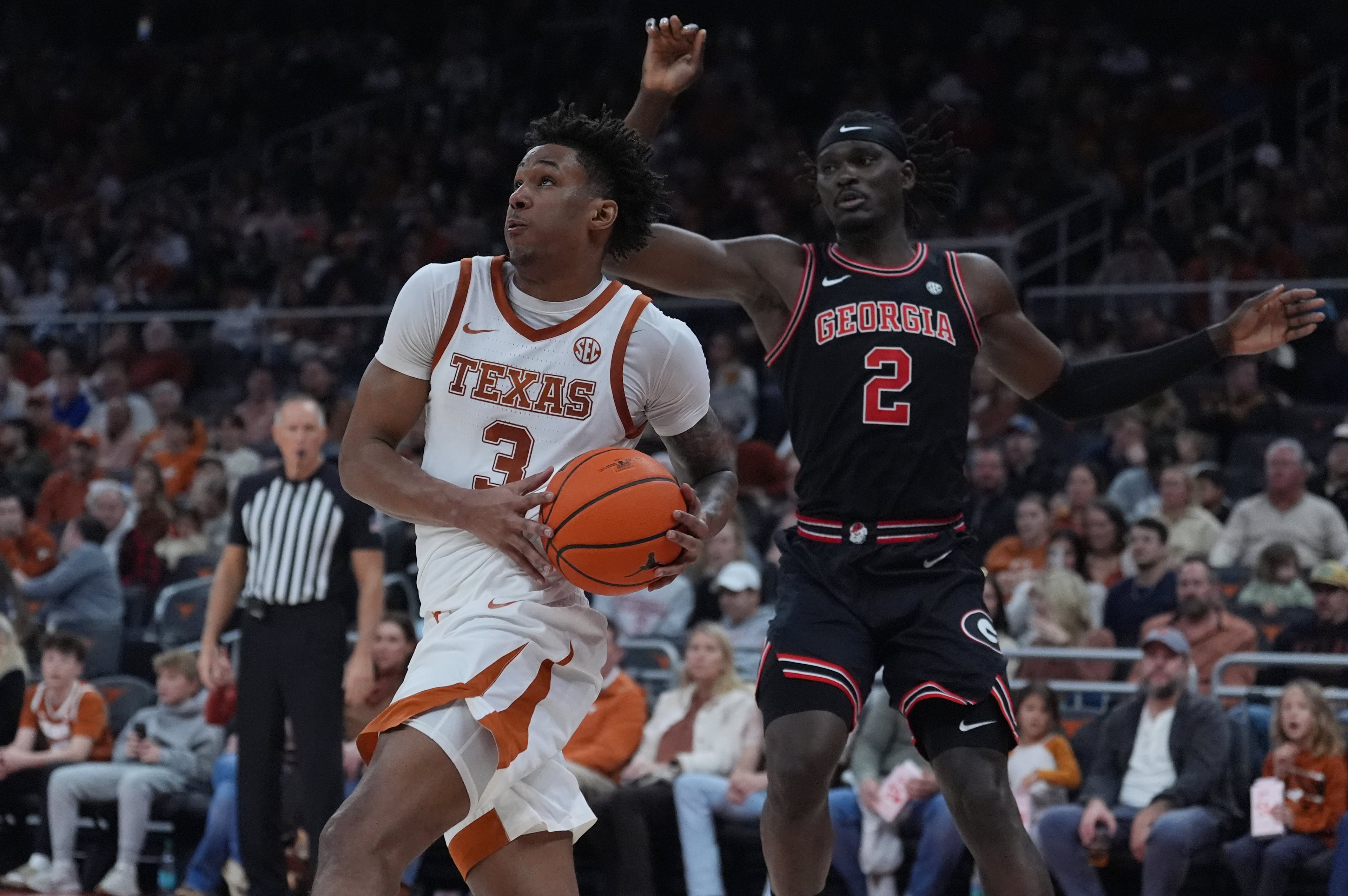AD: NCAA settlement to cost Georgia State at least $400K

GEORGIA STATE
The NCAA’s impending $2.8 billion antitrust settlement will have a significant impact on the athletic programs at mid-major Division I schools like Georgia State, Georgia Southern and Kennesaw State.
“I don’t think anybody really knows what the immediate economic reality is for most mid-major programs,” Georgia State athletic director Charlie Cobb said. “But you’re looking at anywhere from $400,000 to half a million dollars in decreased revenue, on top of inflationary expense increases.”
Georgia State’s annual budget for athletics is $35 million. Taking away nearly 9% of that is quite a hit.
“At the end of the day you’ve got to replace the revenue with a new source that’s yet to be identified or cut services,” Cobb said. “That’s the short-term reality because I think it’s an evolution as to where we’re going and what we’re doing.”
Cobb said it is undetermined whether the money comes from a reduction of scholarships, staff positions or support jobs. It adds to the gulf between the soon-to-be Power Four and Group of Five conferences.
“People are trying to figure out what Division I looks like and try not to create this financial divide. Well the financial divide has been created, and the challenges are just being exacerbated,” Cobb said. “There’s a lot of, ‘OK, what are we going to do? What are we going to look like?’ That’s the reality of where we are.”
The ruling also moves the financial goalposts. Schools in the Group of Five conferences had been counting on additional revenue created under the expanded College Football Playoff format. The antitrust settlement essentially negates any potential gain.
“We’ve been working off a model for several years that when the playoffs that our partition of the growth in the television dollars in the playoff dollars was going to change our payout to the Sun Belt Conference or Group of Five conference,” Cobb said. “With the new agreement we’ll effectively get a zero change.”
Cobb said it will force schools to make some hard decisions. He said each school will have its own tough choices to make, depending on the program’s individual history of success.
“I think a lot of school presidents, boards, significant donors, athletic directors on down the line who are going to be asking, ‘Who are we and what are we going to be about?’ Cobb said. “And trying to answer that with a smaller, more constrict revenue pool to pay for al the things that are going to come out of whatever this new modern world of NCAA athletics looks like.”



